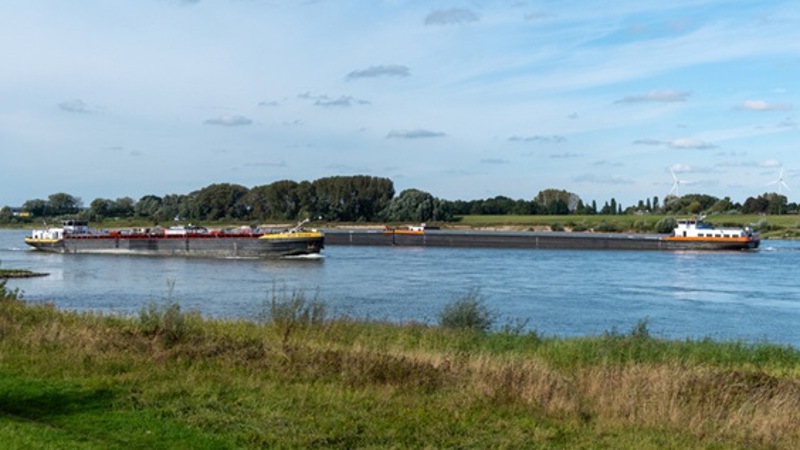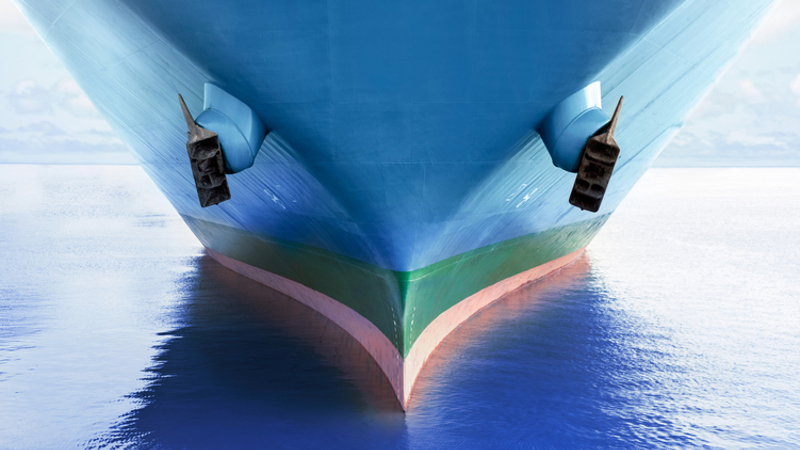Maritime court surveys in the Netherlands – 5 key features
November 2024
Background
When a maritime incident has occurred, fact finding is of the essence. Dutch law provides for various options to preserve and obtain evidence. It is possible to ask the court to grant permission to arrest evidence, or to order that information and documentation is provided by a party with access thereto. It may also be possible to start a preliminary witness hearing to hear persons that were involved in the incident under oath. Another, potentially more efficient option is ask the court to appoint a maritime court surveyor to investigate the cause and circumstances of the incident.
Unlike several other countries, the Netherlands does not have a long tradition with court survey. In 2019, a working group of the Maritime Chamber of the District Court of Rotterdam, the Erasmus University and the Dutch Transport Law Association made joint recommendations to make the court surveyor a more effective tool for fact finding. These recommendations were discussed in the blog Dutch Court Surveyor in Maritime Matters. In the meantime, over five years have passed and several maritime court surveyors have been appointed successfully. The following five key features can be distilled.
Key features
1. Creation of a level playing field
The purpose of the court survey is to eliminate information inequality and to create a level playing field. The court is willing to appoint a court surveyor when the applicant can show a reasonable interest in the collection of information and documentation regarding a specific incident or damage suffered. This interest will need to be substantiated. The court will not give carte blanche for a fishing expedition.
2. Appointment after hearing
A request to have a court surveyor appointed needs to be made to the District Court of Rotterdam, which has exclusive jurisdiction in maritime matters. The Court appreciates that the shipping industry is a 24/7 business, so judges are available to deal with requests, also on a urgent basis and outside of office hours, if and when necessary.
The Court is allowed to decide upon a request to appoint a court surveyor on an ex parte basis. However, unless reasons of urgency dictate that a decision is taken at very short notice, a hearing will take place to discuss an application.
The Dutch Court is willing to appoint court surveyors in cases where the merits are to be discussed in another jurisdiction or in arbitration.
3. Scope of the survey – pragmatic approach
The Court will determine the scope of the court survey. It will generally be guided by the applicant’s request.
The maritime court surveyor can be appointed to collect information and documentation only. However, his instruction can also involve an inspection on board a vessel, and can include interviews with the crew. It is possible to ask the surveyor to write a full report of his findings, but it is also possible to merely provide information and documentation obtained to the surveyor(s) of the parties to the court survey. Regardless of the scope of his instructions, the court surveyor is to act objectively and independently.
When various parties would like to instruct a court surveyor, the court aims to streamline the court survey as much as possible. It will set the rules for parties to join the court survey or to be provided with information and documentation gathered during a court survey. In this respect, the Court takes a pragmatic approach.
The surveyors of the various parties involved are allowed to join the court surveyor during his investigations on board.
4. Costs
The costs of the court survey initially are to be paid by the applicant for the court survey. As the costs of a full court survey including a final report of the investigations made can be quite expensive, the court has created the possibility that a court surveyor is appointed for information collection and distribution only. This option considerably reduces the overall costs.
5. Penalty in case of non-compliance
In the appointment decision, the Court will order that interested parties are to cooperate with the court surveyor. Case law shows that, when this order is not complied with, non-cooperating parties will be penalized. A court surveyor can approach the court if and when questions arise and backing is needed.
Conclusion
In cases where there is information inequality and only limited time available to preserve evidence, which in shipping matters is often the case, the maritime court surveyor has become a useful tool in the Dutch fact finding toolkit.










